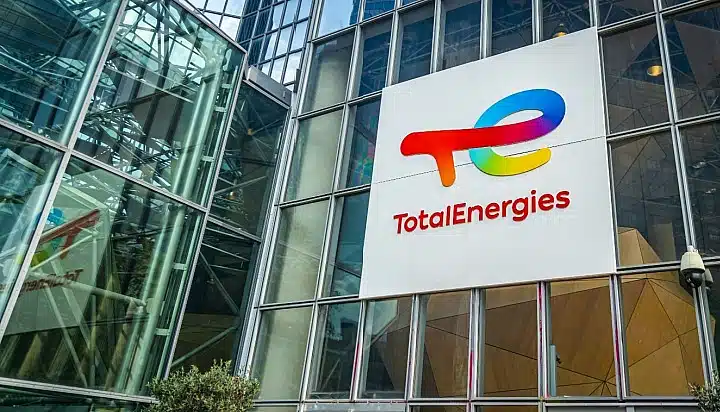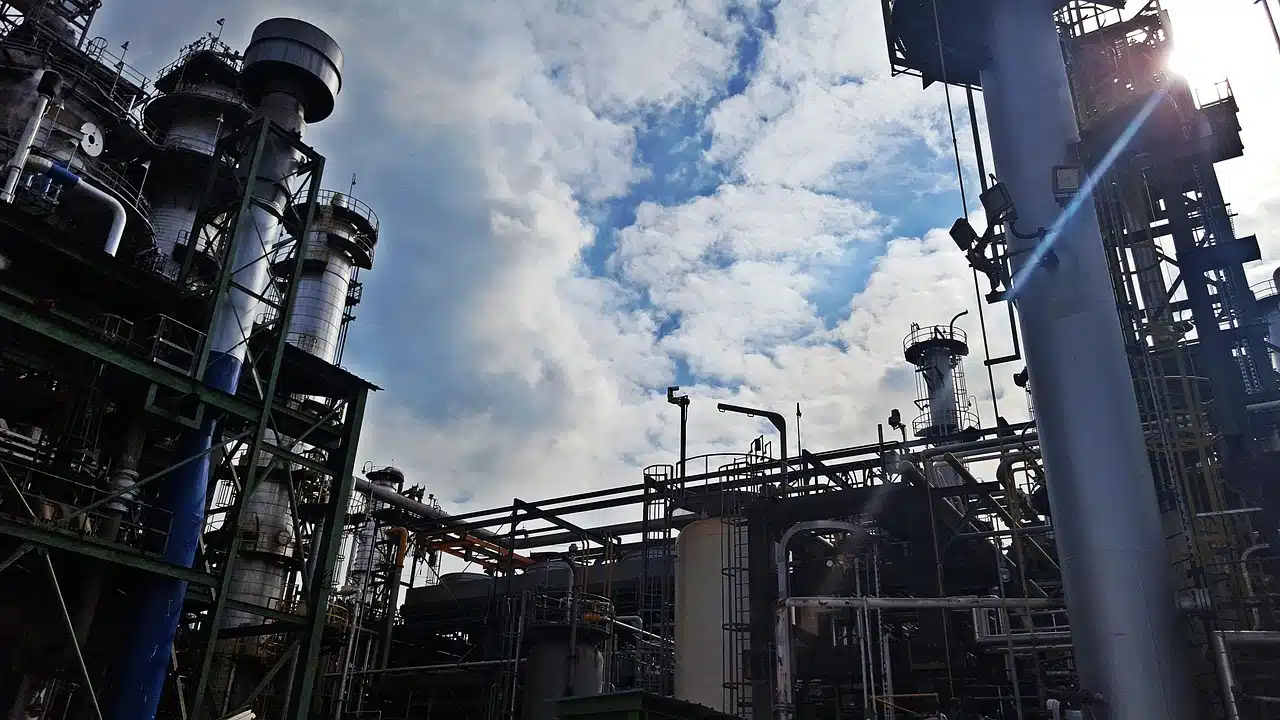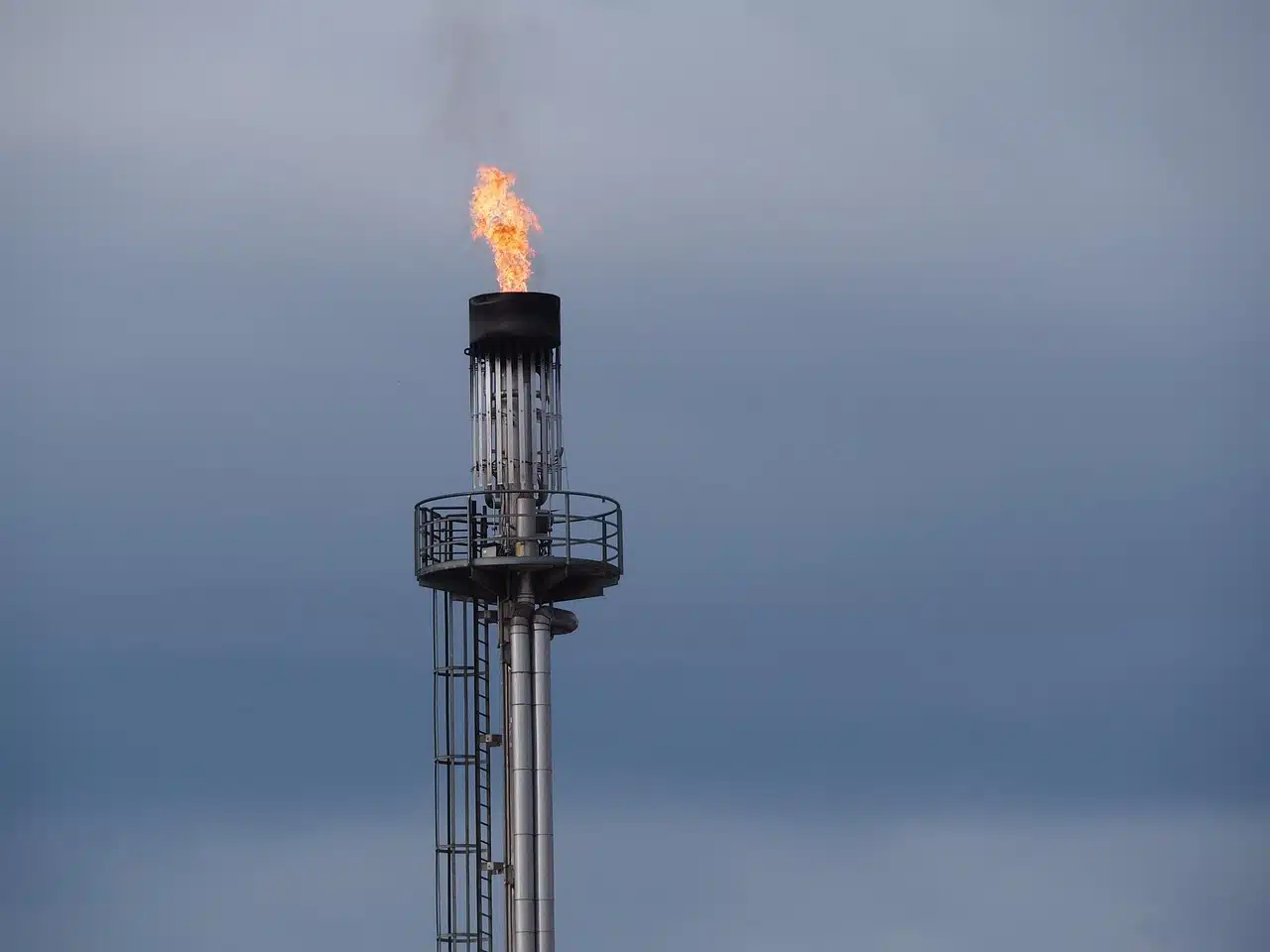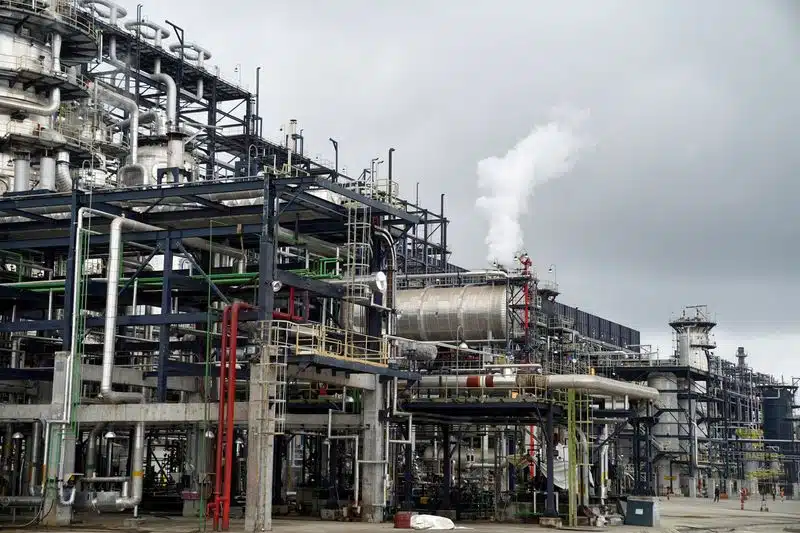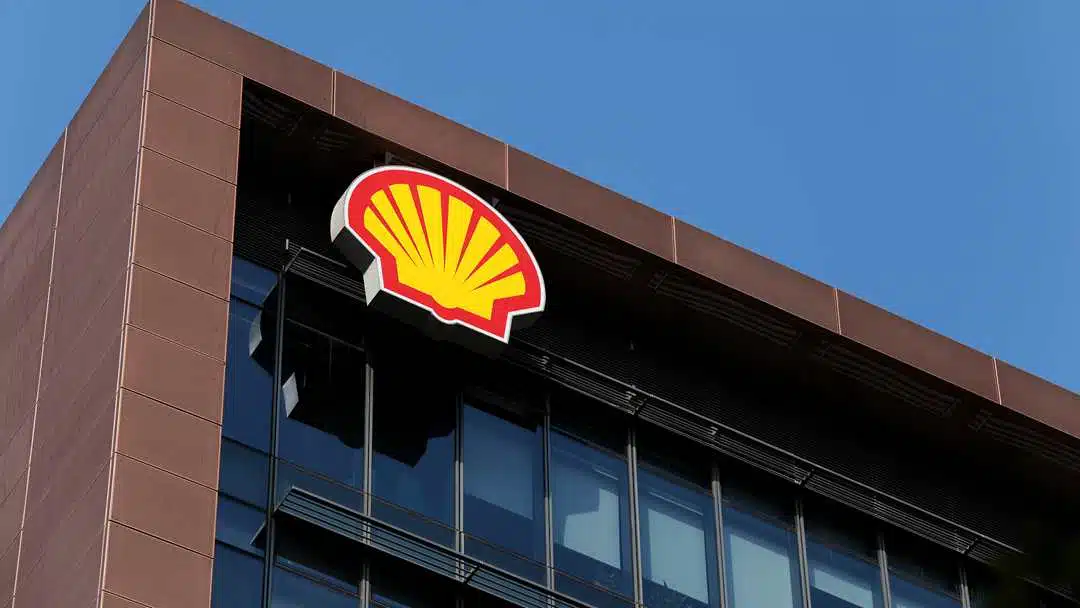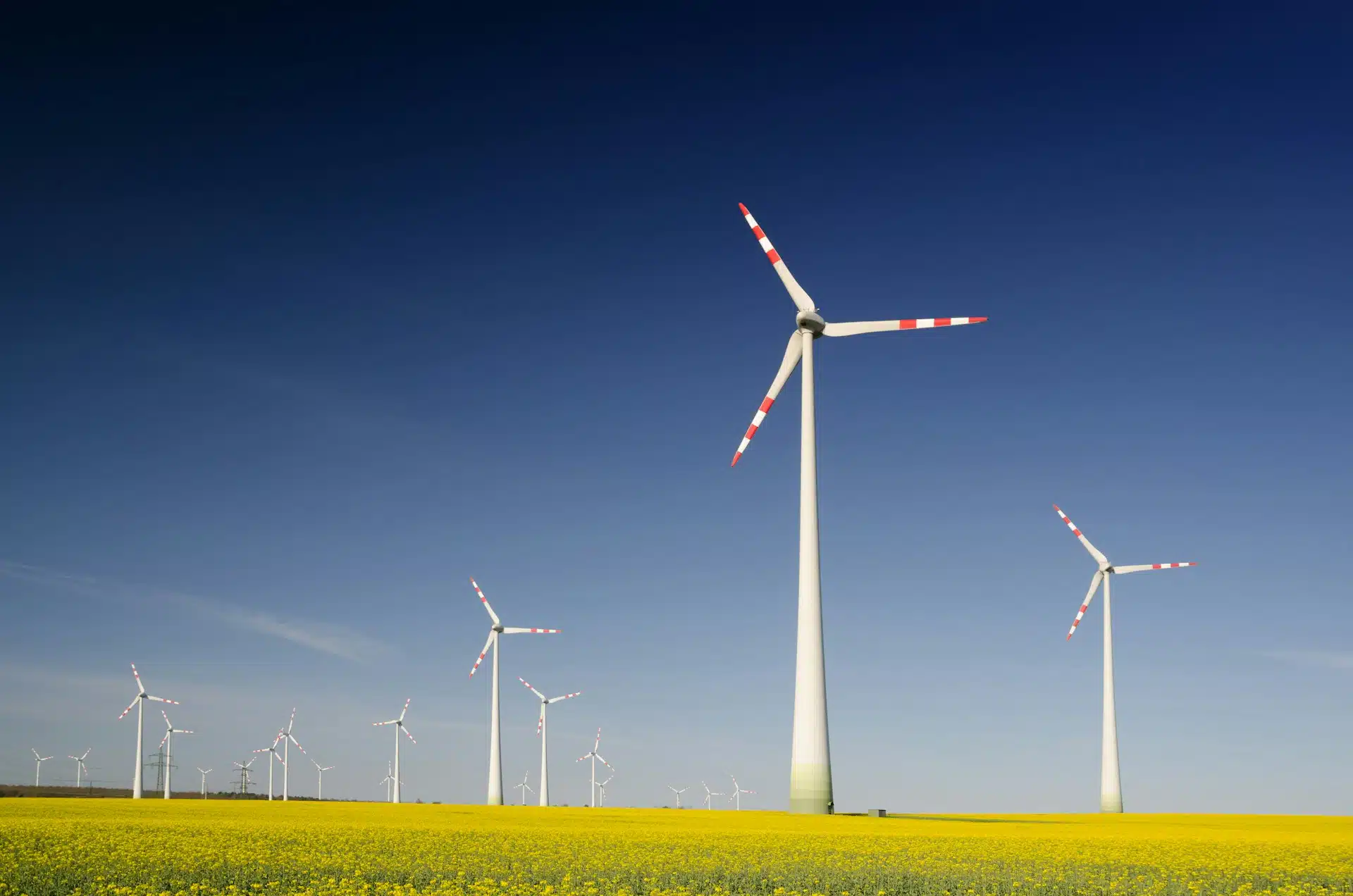South Africa’s Western Cape High Court today began hearing a major legal challenge over offshore oil and gas exploration rights granted to TotalEnergies and Shell in the marine areas between Cape Town and Cape Agulhas.
The judicial review, scheduled for May 5 to 7, 2025, centers on the Department of Forestry, Fisheries and the Environment’s 2023 decision to grant environmental authorisation to TotalEnergies EP South Africa Block 567 (Pty) Ltd (Teepsa).
The approval allows seismic surveys and exploratory drilling in offshore Blocks 5/6/7—an area rich in hydrocarbon potential.
Civil society groups The Green Connection and Natural Justice, represented by law firm Cullinan & Associates, are contesting the decision, arguing that the environmental authorisation process violated constitutional and procedural obligations.
Their application, filed in May 2024, cites concerns over potential oil spills, climate change implications, and threats to the livelihoods of small-scale fishers.
The South African government and TotalEnergies have defended the authorisation, maintaining that the process was lawful, transparent, and strictly limited to exploration—not production.
The initial authorisation was issued in April 2023 by the Directorate of Mineral Resources and Energy and subsequently upheld by the Minister of Environment, who dismissed 18 appeals filed by civil society groups.
In July 2024, TotalEnergies announced its intention to withdraw from Blocks 5/6/7 and 11B/12B following the exit of its joint venture partner, Canadian Natural Resources International (CNRI).
TotalEnergies holds a 40% stake in Block 5/6/7, while Shell is a co-holder.
Despite the planned withdrawal, TotalEnergies filed a joinder application to be included in the ongoing legal proceedings—now with Shell.
The environmental groups oppose this move, asserting that the exploration rights have lapsed and that Shell lacks legal standing in the matter.
The environmental authorisation permits exploratory drilling for oil and gas off South Africa’s southwest coast.
While both environmental groups participated in the authorisation process, they now argue the Environmental Impact Assessment (EIA) lacked procedural fairness and failed to adequately consult impacted coastal communities, particularly small-scale fishers.
The government has rejected these claims, emphasizing that the authorisation applies solely to exploration.
Should viable reserves be discovered, the government said a new EIA and approval process would be required before production could proceed.
According to the state, South Africa has drilled over 350 offshore wells since the 1940s without a single major oil spill or blowout, crediting its robust legal and regulatory frameworks.
TotalEnergies and Shell have echoed these arguments in their defense.
In recent years, international oil companies have gradually scaled back their operations in South Africa.
Shell exited the country’s downstream sector in 2024, while deepwater exploration efforts have increasingly faced public resistance from environmental and social justice advocates.
Meanwhile, in April 2025, the South African government introduced a new Black Economic Empowerment (BEE) framework.
The policy requires companies seeking exploration licenses to contribute actively to poverty alleviation and provide adequate housing for their employees—a move seen as a shift toward more inclusive and equitable energy development.

